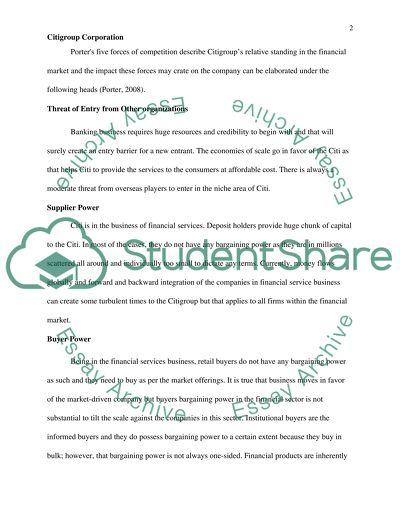Cite this document
(“Financial Analysis of a Publicly-Traded Company Research Paper”, n.d.)
Financial Analysis of a Publicly-Traded Company Research Paper. Retrieved from https://studentshare.org/finance-accounting/1452625-financial-analysis-of-a-publicly-traded-company
Financial Analysis of a Publicly-Traded Company Research Paper. Retrieved from https://studentshare.org/finance-accounting/1452625-financial-analysis-of-a-publicly-traded-company
(Financial Analysis of a Publicly-Traded Company Research Paper)
Financial Analysis of a Publicly-Traded Company Research Paper. https://studentshare.org/finance-accounting/1452625-financial-analysis-of-a-publicly-traded-company.
Financial Analysis of a Publicly-Traded Company Research Paper. https://studentshare.org/finance-accounting/1452625-financial-analysis-of-a-publicly-traded-company.
“Financial Analysis of a Publicly-Traded Company Research Paper”, n.d. https://studentshare.org/finance-accounting/1452625-financial-analysis-of-a-publicly-traded-company.


